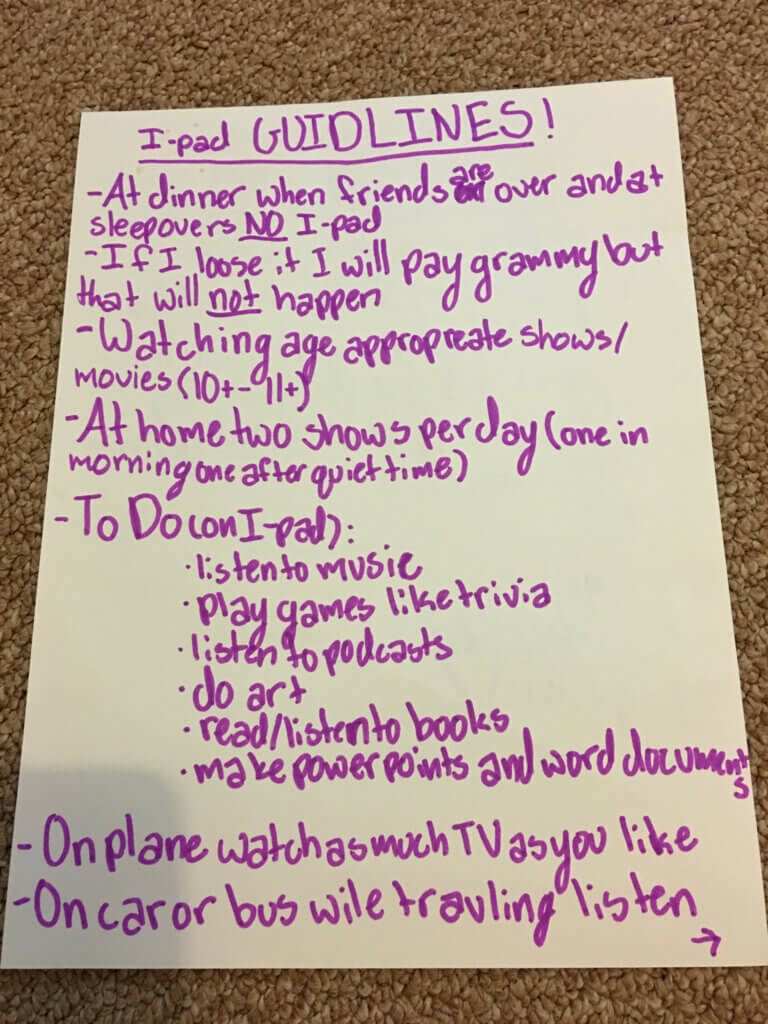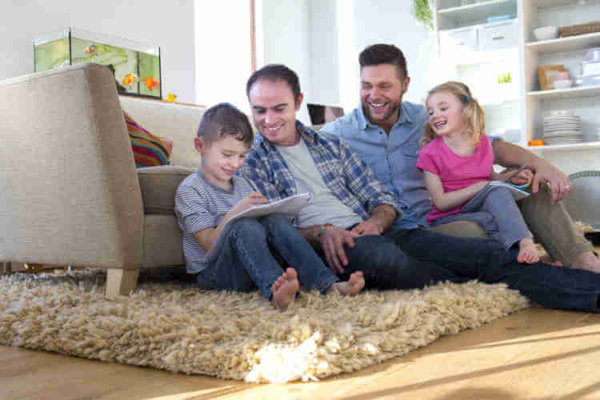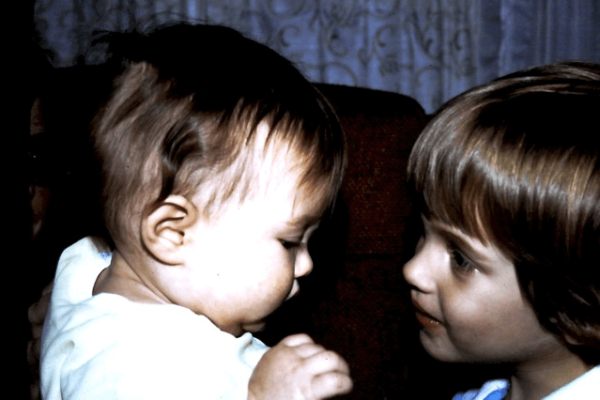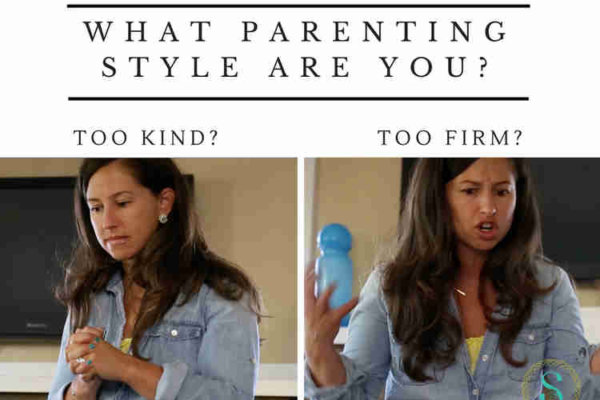Solutions: The Antidote to Consequences, Punishment and Rewards
One of my favorite classes in my counseling graduate program was Group Therapy. I loved reading Irvin Yalom’s big thick book that described all the stages a group goes through, then actually getting to participate in the experience and watching how it played out. In essence, every group starts out with some sort of orientation or “forming” behavior. We are a little more cautious and nice as we get to know each other, but rather quickly can jump into the next stage, which is conflict, or “storming.” While my Positive Discipline classes are NOT group therapy (to the relief of parents when I remind them of this the first night) the stages play out each and every time.
Here’s how it usually goes down. The storm starts brewing around week four. By now they have learned about brain development, psychological development, and are able to look at behavior with curiosity about what may be going on underneath it. They understand the difference between encouragement and praise and are eager to support a growth mindset. Some are even starting family meetings. Then the storm hits on week five.

This is the week we talk about punishment…and rewards…and consequences. Suddenly the paradigm shift is right there, and the rumbling starts to happen. Etiquette goes out the window. People start questioning, shouting, and interrupting.
“If I can’t use bribes, and I can’t use threats, what else is there to make them actually DO anything?”
“What do you mean the chart can’t have stickers?”
“Our point system to earn the toy is the only way she will stay in her bed.”
“But taking the iPad away teaches her a lesson.”
“Yeah, but when I threaten to not read books it gets them through the bedtime routine.”
“So it’s supposed to be ok that he bit his brother? No way, I have to put him in a time out.”
It makes total sense! We revert to these methods because they DO work. Short term. Very short term. KIDS LIVE IN THE SHORT TERM. And then there we are back at the beginning, and missing the opportunity to understand WHY it is happening and…
…the opportunity to TEACH in a way that supports long-term life skills and executive functioning, the important brain development that they need to be successful in school and life.
Isn’t that our real goal when mistakes happen? To teach our kids important life skills?
When children misbehave we can teach how to solve problems, how to take responsibility and how to change their own behavior in the future.

With practice, they can learn how to do this all independently, without us, as the adult, controlling, managing or telling them what to do (or not to do) all of the time. The key word here is practice. In order to do this, Positive Discipline uses SOLUTIONS. Solutions are related, reasonable, respectful, and helpful. In a nutshell, how can we actually teach the lesson? If you’ve never experienced this solution focused relationship it might sound like anarchy or chaos. In fact, it actually brings more calm and connection, even relieving that mental load we all carry by shifting the responsibility to the child.
What helps me dig down when I want to yell or rescue is remembering the privilege I have as a parent.
It is a privilege to be my children’s greatest teacher (or at least one of them) with the responsibility of protecting their potential.
Jo Boaler writes in her article Why Struggle is Essential for the Brain- and Our Lives, “Neuroscientists have found that mistakes are helpful for brain growth and connectivity and if we are not struggling, we are not learning. Not only is struggle good for our brains but people who know about the value of struggle improve their learning potential. This knowledge would not be earth shattering if it was not for the fact that we in the Western world are trained to jump in and prevent learners from experiencing struggle.”
Where do you start if you have been living in the land of time outs or sticker charts? First of all, remember that kids are WAY more adaptable to change than grown ups. When you are connected and firm and say “hey, guess what, we have a new plan” and then FOLLOW THROUGH, kids get on board. Let me reiterate that part- FOLLOW THROUGH.
Visual routines, practicing emotional regulation when they are calm, and teaching them to think through “how can I fix it?” are the hallmarks to being solution focused without blame. For the bigger ticket mistakes (as opposed to the general stalling through routines) it is the chance to teach our kids to:
Take responsibility. Have them name exactly what it is they did (without shame or blame from you)
Reconcile. apologize, meaningfully
Resolve. How can I fix it? Then, guide them through that resolve!
This is where change can happen. Not overnight, and not without practice, but it WILL change.
All of these require us to get curious and to embrace the notion that mistakes are opportunities to learn. Hence the storm. But you know what? Parents come back the following week and the sun is starting to peek through. There is still some rain, but with that combo comes a couple of rainbows and maybe even a unicorn every once in a while. Together, we continue to grow, the special group that we are, toward the next stages: cooperation, integration, (norming) and synergy (adjourning). Just like our families.
Real Life Examples
Let’s break down what solutions look like for some scenarios in my home, all of which could have an easy reward, punishment, threat or “consequence” (as Jane Nelsen writes, consequences are just disguised punishment). These are the ways that I used solutions to guide my responses, but there could be MANY more options. This is where you get to be present and work with the child YOU have. When we are not so overwhelmed, it is easier to teach:
Dumping food off the high chair onto the floor. On purpose.
Enabling responses: pick the food up ourselves, offer dessert if they leave the food on the table, put in time out
Solutions
Teach the “all done” sign if they are not yet verbal. Tell them when the food is dumped they are letting you know they are all done. Take them out of the high chair and have them help you clean it up. Pick up a piece of food and hold it to them. Show them where to put it and ask them to show you where it goes. Give them the dust pan or spray bottle to clean up if applicable. Then ask them to show you or tell you if they are all done. If not, put them back in the seat with just a couple pieces and ask them to practice again.
Skills taught and modeled: Language/communication, proper table etiquette, responsibility for cleaning up messes
Watching an extra show on the iPad when they only were allowed one.
Enabling responses: screen taken away, no dessert that night, lose “points”, no play dates that weekend
Solutions
Talk about how hard it is for YOU to not click “next episode” when it pops up on Netflix and why technology is powerful. Come up with solutions together (e.g. set a timer, put the iPad away when not using, watch the show with an adult, change screen time to a different time in the routine when it’s easier to turn off). Role play and practice when it is not time for a show.
Skills taught and modeled: Self control, problem solving, cause and effect
Biting/hitting/kicking/pinching
Enabling responses: yell, time out, toys taken away
Solutions
Supervise and intervene immediately. Help them feel safe so they can calm down. Show them how they have hurt the other person and help them apologize and offer to make them feel better. Teach and practice gentle, safe bodies with stuffies. Teach and practice deep breaths. Teach and practice how to take turns and how to find other things to do while they are waiting for their turn. Take a break.
Skills taught and modeled: Empathy, emotional regulation, delay of gratification, problem solving
Dawdling/stalling bedtime, morning
Enabling responses: offer bribes and rewards or threaten to take away books or special things
Solutions
Make visual routines and let them be the boss. Use connection strategies like humor, transition tricks like pretending to be animals or their favorite characters. Ask questions: “What’s next in your routine? Let’s look.” as opposed to telling them or nagging them.
Skills taught and modeled: Planning, creativity, flexibility, focus
Forgetting their coat on the bus. Three times.
Enabling: buying another coat, shaming
Solution
Use their allowance to buy another (less expensive) coat. Sit down together and talk about how memory is a skill that needs practice. Add a memory game each day to the after school or evening routine. Brainstorm systems for how to remember the coat. Become coat detectives to find the missing coats.
Skills taught and modeled: Responsibility, memory, problem solving, critical thinking, value of money
There are hundreds more, I know! In fact, email me and I will help you with solutions to your challenges. Seriously. [email protected]





Comments
Can you give some examples for solutions for teens when you catch them lying to you repeatedly
Mary Lane Sloan
Thank you for your comment! This blog was written for families with young children. For teen tips head over to https://www.besproutable.com/category/tweens-teens/ We also have a great podcast playlist here.
Alanna Beebe